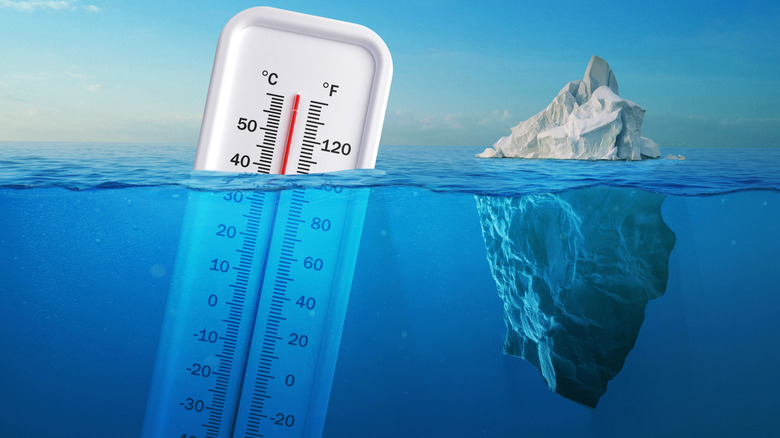The Coral Reef Is The First Environment On Earth To Reach Climate 'Tipping Point'
The Earth has entered a new climate reality: warm-water coral reefs are now widely recognized as the first environment on the planet to have passed a climate tipping point. The Global Tipping Points Report 2025, led by the University of Exeter and international collaborators, reveals that coral ecosystems are undergoing irreversible decline, driven by the accelerating stress of rising sea temperatures. Once considered vulnerable but recoverable, reefs now stand on the edge of systematic collapse, with cascading consequences for marine biodiversity, coastal communities, and global climate feedback.
Yet, within this crisis lies a narrow window of opportunity. If swift and concerted action can protect remnant reef patches and reverse warming trajectories, some coral strongholds might persist. Scientists now warn that the fate of coral reefs will serve as a crucial test of humanity's ability to stabilize the climate system, because what happens beneath the waves may determine the resilience of life across the planet.
How rising temperatures pushed the coral reef past the brink
Rising global temperatures are now driving the most extensive and rapid decline of coral ecosystems ever recorded. Because oceans absorb over 90% of the excess heat trapped by greenhouse gases, even small increases in global temperature have a massive impact on marine life. Marine heatwaves, now up to 50% more frequent than in the pre-industrial era, force corals to expel their symbiotic algae, starving them of energy and color. Without these algae, corals cannot grow or reproduce effectively, leaving entire reef structures vulnerable to collapse.
The Global Tipping Points Report 2025 identifies the world's warm-water coral reefs as the first major ecosystem to cross a tipping point. When global warming rose to around 1.2 degrees Celsius (2.16 degrees Fahrenheit) above pre-industrial levels in the early 2020s, mass bleaching events intensified and recovery rates plummeted. Coral reefs began to lose their ability to rebound between heatwaves, shifting from vibrant ecosystems that supported one quarter of all marine life to degraded rubble fields. Today, average warming has already reached about 1.4 degrees Celsius (2.5 degrees Fahrenheit), and projections suggest that by 2030 the planet is likely to overshoot 1.5 degrees Celsius (2.7 degrees Fahrenheit). At that level, nearly all remaining warm-water reefs are expected to face recurring bleaching severe enough to cause widespread mortality.
Yet small areas of resilience remain. Reefs in cooler currents, deeper waters, or naturally variable temperature zones have shown greater endurance. They offer a potential refuge for biodiversity, but only if we protect them. The report stresses that these surviving fragments could form a foundation for future regeneration if global emissions are cut rapidly enough to stabilize temperatures and eventually bring them back below critical thresholds. The fate of these last coral reef strongholds depends on decisions made within this decade.
Ecosystem on the edge
The collapse of the coral reefs marks only the beginning of a wider planetary shift. Scientists warn that several major ecosystems are now approaching or surpassing their own climate thresholds. The Global Tipping Point Report highlights growing concern over the Amazon rainforest, which is losing its resilience as deforestation, drought, and warming push vast regions towards transformation into savannah. Such a shift would release immense stores of carbon and diminish one of Earth's most vital climate regulators. Similarly, accelerating melt in polar ice sheets, changes in boreal forests, and disruption to ocean circulation patterns indicate that the planet's stabilizing feedbacks are weakening. These interconnected systems amplify one another, meaning that the failure of one increases the strain on the rest.
Yet amid these warnings, the report also identifies reasons for cautious optimism. Across multiple sectors, signs of positive tipping points (self-reinforcing shifts towards sustainability) are beginning to emerge. Renewable energy expansion, reforestation programs, and the global phaseout of fossil fuels are advancing faster than expected. Local conservation efforts are demonstrating that ecosystems can recover when given space and protection. Scientists emphasize that if societies can accelerate these positive changes, the cascading effects could restore stability and resilience across the biosphere. The fate of coral reefs, the Amazon, and other threatened systems may ultimately hinge on how swiftly humanity can trigger these transformative pathways towards recovery.


